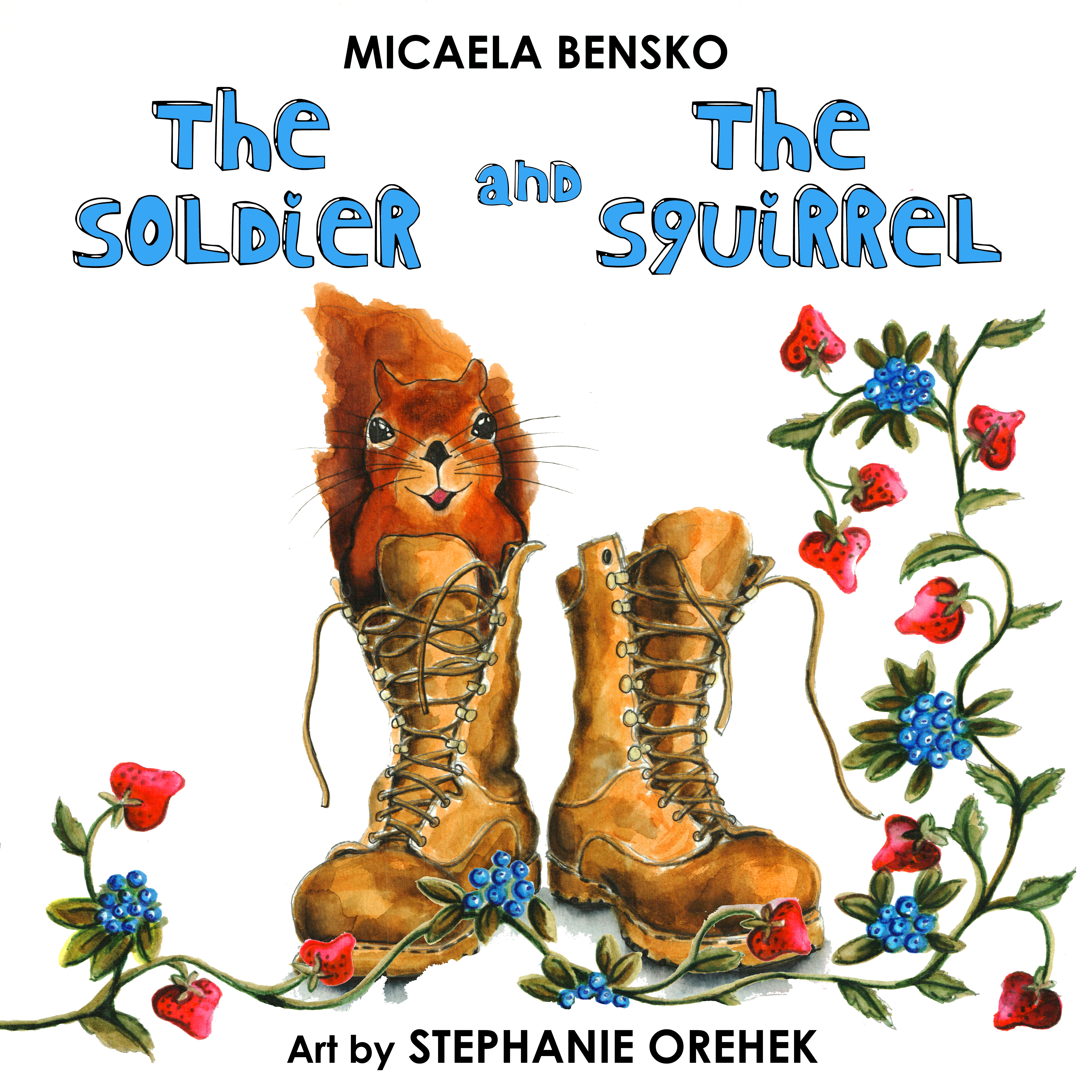The Original "Taps"
 Friday, December 13, 2013 at 8:22AM
Friday, December 13, 2013 at 8:22AM Rites of passage, memorials, always mean so much to me. Perhaps it is the blending of worlds, the uniting of hearts. But little did I know, one of the most meaningful exercises in the history of memorials is not currently in its original form. "Taps".
"Taps" is a musical piece sounded at dusk, and at funerals, particularly by the U.S. military.
The tune is a variation of an earlier bugle call known as the Scott Tattoo which was used in the U.S. from 1835 until 1860, and was arranged in its present form by the Union Army.
Captain John C. Tidball, West Point Class of 1848, started the custom of playing taps at military funerals. In early July 1862 at Harrison’s Landing, a corporal of Tidball’s Battery A, 2nd Artillery, died. He was, Tidball recalled later, “a most excellent man.” Tidball wished to bury him with full military honors, but, for military reasons, he was refused permission to fire three guns over the grave. Tidball later wrote, “The thought suggested itself to me to sound taps instead, which I did. The idea was taken up by others, until in a short time it was adopted by the entire army and is now looked upon as the most appropriate and touching part of a military funeral.” As Tidball proudly proclaimed, “Battery A has the honor of having introduced this custom into the service, and it is worthy of historical note.”
It became a standard component to U.S. military funerals in 1891.
"Taps" is sounded during each of the 2,500 military wreath ceremonies conducted at the Tomb of the Unknown Soldier every year, including the ones held on Memorial Day. The ceremonies are viewed by many people, including veterans, school groups, and foreign officials. "Taps" also is sounded nightly in military installations at non-deployed locations to indicate that it is "lights out", and often by Boy Scouts, Girl Scouts and Girl Guides to mark the end of an evening event such as a campfire.
Please sit back and listen to the original version of "Taps":
http://www.flixxy.com/trumpet-solo-melissa-venema.htm
Reference: Wikipedia


Reader Comments